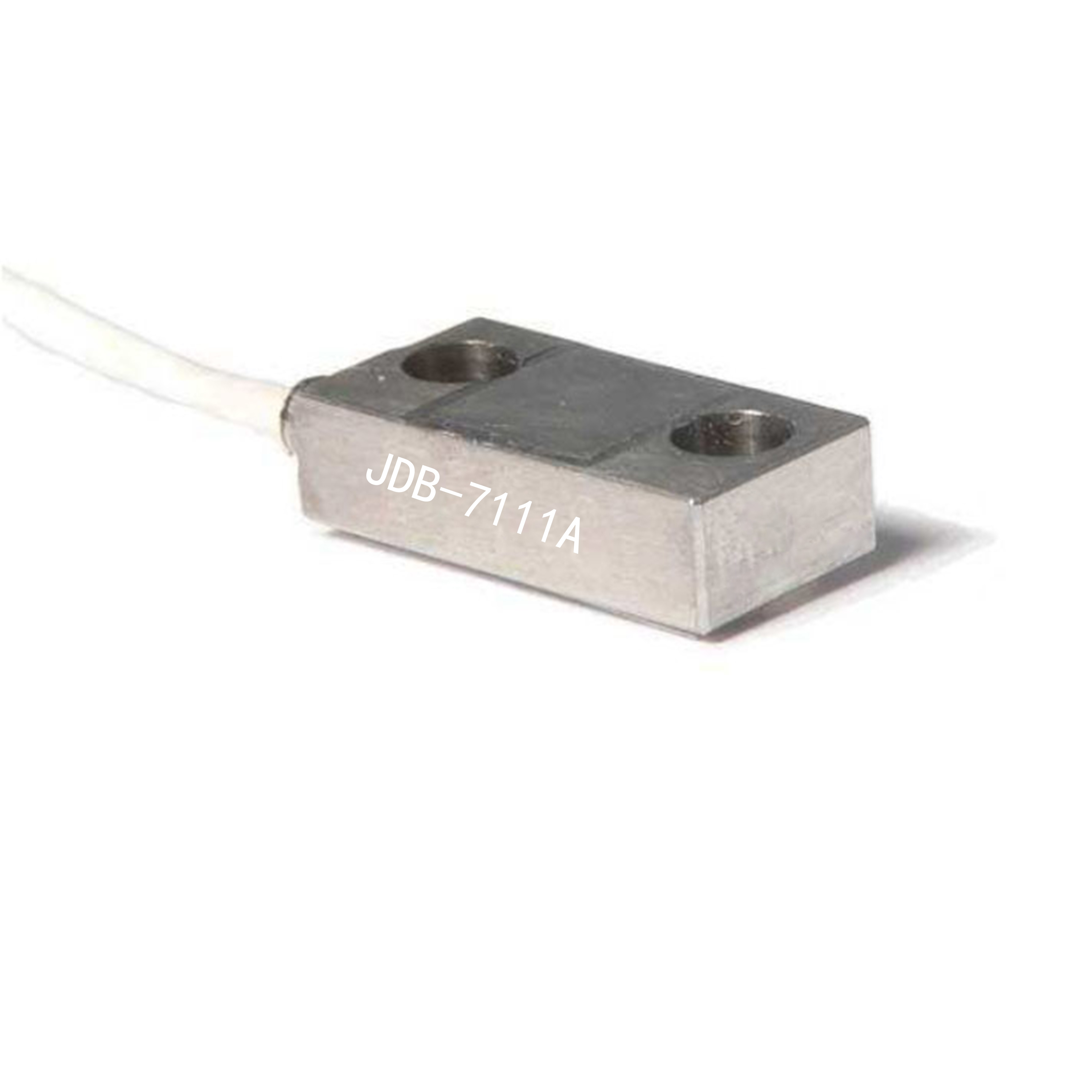
The 7111A is a piezoresistive MEMS accelerometer designed with a full bridge structure. The sensitive element is a precision-machined MEMS chip utilizing a single block of monocrystalline silicon processed through an etch-and-form technology, containing an inertial mass block and strain gauges, which comprise a variable four-arm Wheatstone bridge, and there is a special zero-balance circuit within the silicon chip.
Due to the light weight, small size and unique construction of the components, the sensor has an excellent resonant frequency, low impedance, high overload, and zero damping with no phase shift. The sensor's high resonant frequency allows it to survive shock pulses containing high frequency components that are destructive to inertial systems with much lower resonant frequency accelerometers.
The high resonant frequency and zero damping allow the accelerometer to accurately respond to short duration shock motions with fast rise times. With a simultaneous frequency response as low as DC or steady state acceleration, the sensor is also ideal for long duration transient measurements.
Main product features: 1. MEMS accelerometer. 2. Zero frequency DC response output. 3. Maximum shock range of 200kg. 4. Sealed construction. 5. mV output. 6. Titanium alloy. 7. Dual screw mounting.
Main application areas: impact test
Main technical indicators:
1. Range (±g): 20k, 100k, 200k
2. Sensitivity (μV/g): 5, 1.5, 0.5
3. Frequency response (Hz, ±1dB): 0-100,000
4. Shock limit (±g): 200,000
5. Operating temperature range (℃): -50 to 120
6. Weight (g): 2
7.Dimension (mm): 14×8×3.5
8.Shell material: titanium alloy
9.Output interface: integrated cable

